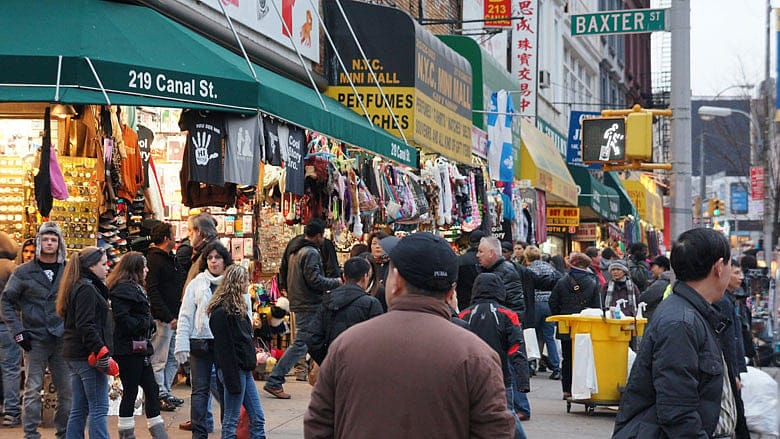The gig economy helps all, from rich to poor

"The gig economy is paying off for workers who are already among America's highest earners," the Wall Street Journal reported last week. The story asserted that companies such as Airbnb and Uber likely weren't making much of a dent in income inequality.
The Journal relied heavily on a JPMorgan Chase Institute report analyzing more than 260,000 people who made money providing goods or services on one of 30 "online platform economy" apps.

